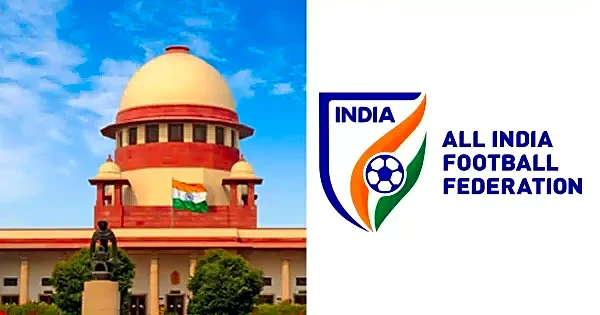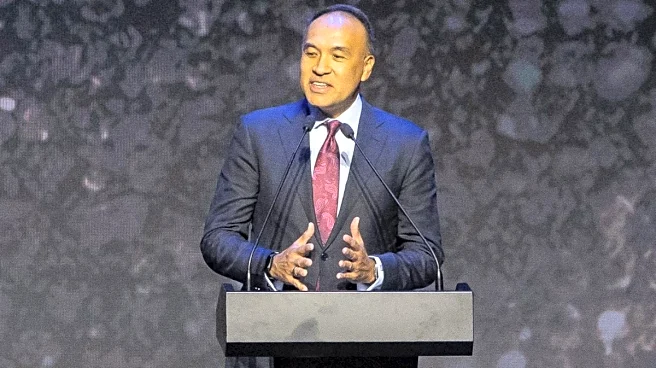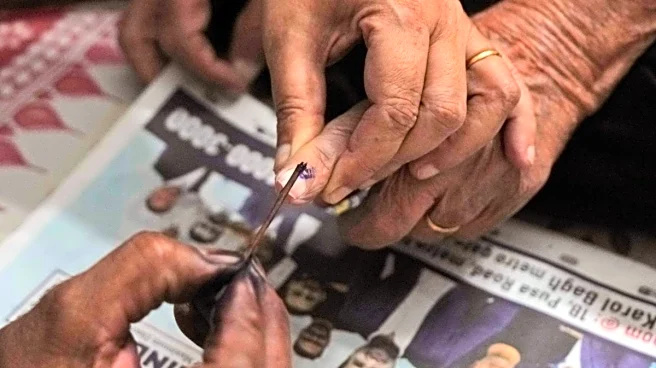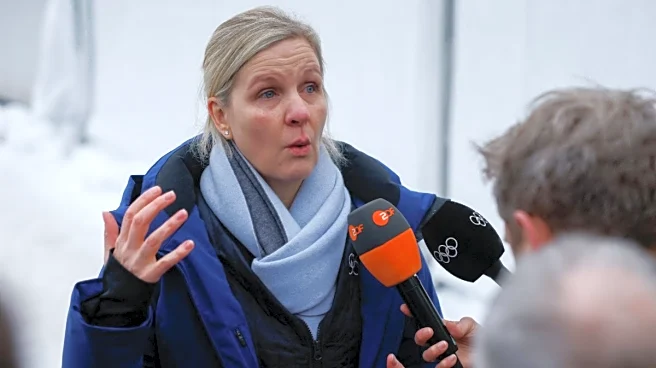The All India Football Federation’s (AIFF) constitutional saga began in 2017 when the Delhi High Court declared the election of AIFF office-bearers, including then-President Praful Patel, as non-compliant
with the National Sports Code. The Supreme Court stayed the order and appointed a Committee of Administrators (CoA) in 2022, comprising of Justice Anil R. Dave, Dr. S.Y. Quraishi, and former India captain Bhaskar Ganguly, to draft a new constitution. After extensive stakeholder consultations, the CoA’s draft was refined by Justice Rao, submitted in 2023.
On September 19, 2025, the Supreme Court of India approved the AIFF’s draft constitution, a pivotal step for Indian football’s governance reform. The ruling, by Justices P.S. Narasimha and Joymalya Bagchi, mandates the AIFF to adopt the constitution within four weeks, aligning with the National Sports Governance Act, 2025. Crafted by former Supreme Court judge Justice L. Nageswara Rao, the constitution introduces reforms for transparency and inclusivity, averting a potential FIFA suspension. The 78-page judgment ensures the executive committee, led by President Kalyan Chaubey, continues until 2026, stabilizing leadership. The court hailed the constitution as a “new beginning” to elevate Indian football, fostering accountability and growth.
AIFF’s constitutional reforms mirrors the BCCI framework, as approved by Supreme Court in 2018
The AIFF’s new constitution, approved by the Supreme Court, introduces key reforms: a 12-year tenure cap for office-bearers, with two consecutive four-year terms and a mandatory four-year cooling-off period. A 70-year age limit applies, and ministers and bureaucrats are barred, mirroring the BCCI framework. The 14-member executive committee includes a president, three vice-presidents (one female), a treasurer, and 10 others, with five eminent players (two women). The General Body comprises state association representatives, 15 eminent players (five women), three club representatives, and one male and one female referee and coach each. “Eminent player” criteria are lowered to five international matches for men and two for women. Apart from this a no-confidence motion enables office-bearer removal, and future amendments require court approval.
The ruling comes at a critical juncture, as FIFA and the Asian Football Confederation (AFC) had warned of a potential suspension if the AIFF failed to ratify its constitution by October 30, 2025. A ban would have barred India’s national teams from international competitions, including the 2027 AFC Asian Cup qualifiers, and excluded clubs like Mohun Bagan Super Giants and FC Goa from the AFC Champions League Two. The Supreme Court’s timely verdict averts this crisis, building on its August 28 interim order allowing the AIFF to proceed with the 2025-26 football season, reportedly starting with the Super Cup in late October and the ISL in December.












